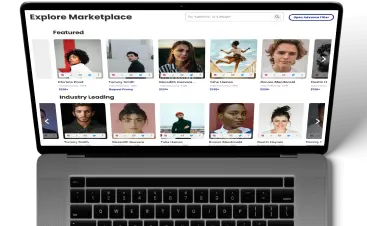What Is Influencer Management?
Influencer management involves strategically identifying, recruiting, and coordinating influencers to promote a brand’s products or services. It encompasses building relationships with influencers, negotiating contracts, managing campaigns, and measuring performance. The goal is to leverage influencers’ influence and reach to engage target audiences and effectively achieve marketing objectives.
Moreover, influencer management extends beyond the execution of individual campaigns to cultivating long-term partnerships with influencers. This involves nurturing relationships, fostering mutual trust and respect, and exploring opportunities for ongoing collaboration. By investing in influencer management, brands can effectively harness the power of influencer marketing to build brand awareness, drive engagement, and, ultimately, drive sales.
Here are some examples of influencer management in action:
- Identification and Recruitment: A beauty brand identifies popular influencers on Instagram whose content resonates with their target audience. They contact these influencers with collaboration offers for sponsored posts or product partnerships.
- Contract Negotiation: A fitness apparel company negotiates terms with a fitness influencer for a year-long brand ambassadorship, including requirements for social media posts, event appearances, and usage rights for content creation.
- Content Briefing: A travel agency provides influencers with detailed briefs outlining key messaging points, creative guidelines, and preferred hashtags for an upcoming influencer trip to promote a new vacation package.
- Resource Provision: A food delivery service sends cooking influencers complimentary meal kits, along with recipe cards and branded aprons, for use in their cooking tutorials and sponsored recipe posts.
- Performance Monitoring: A technology company tracks engagement metrics for sponsored YouTube videos featuring tech influencers, monitoring views, likes, and comments to gauge audience interest and campaign effectiveness.
- Relationship Management: A lifestyle brand maintains ongoing communication and rapport with influencers, fostering positive relationships through personalized outreach, timely responses, and occasional perks or gifts.
- Campaign Optimization: A fashion retailer analyzes performance data from past influencer campaigns to identify trends and insights, which inform future campaign strategies and refine targeting criteria for optimal results.
Check out some other terms you may encounter in the Creator economy here.




